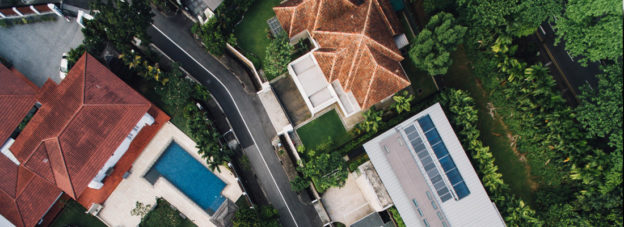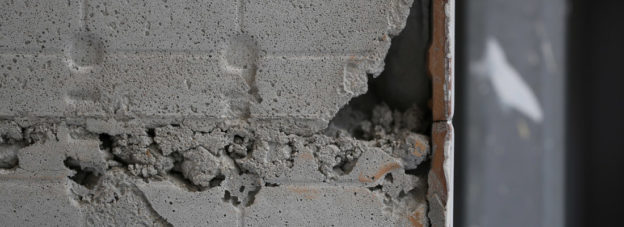Statutes of repose are generally meant to be absolutes, providing clarity to potential defendants such as contractors. However, in limited scenarios, some states have allowed for exceptions to the defense. For instance, fraud is one potential exception that has been recognized in several jurisdictions and is often raised by parties on the basis of public policy. In Puget Sound Energy, Inc. v. Pilchuck Contractors, Inc., No. 80162-7-1, 2020 Wash. App. LEXIS 2862 (unpublished), the Court of Appeals of Washington determined whether it would allow a fraud exception to its statute of repose for construction activity. The court upheld the trial court’s holding that the statute of repose barred the appellant’s claims, declining to entertain a fraud exception. Continue reading






